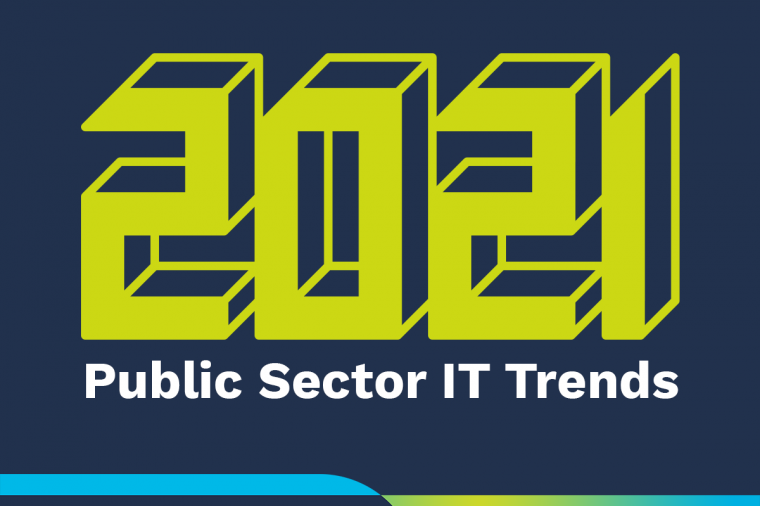Five Government IT Professionals Who Will Be in High Demand in 2015
The saying “new year, new you” typically refers to the resolutions that people make around this time of year – but did you know it can also apply to the approach you can take in honing your 2015 IT skills?
This year is going to bring some very specific challenges, requiring some very specific needs. Government IT needs people who can master the cloud, virtualization, big data, application stacks, security, and more. That seems like a lot – and it is. But great needs lead to great demand, and opportunities for you to shine, especially if you can hone your skills and become one of the following types of IT pros:
The Diagnostician
While the excessive complexity of government IT is causing many headaches, it’s also creating the need for IT pros who can quickly diagnose problems. That’s not a small task, especially when a typical IT environment is comprised of a combination of legacy and virtualization software, complicated and interwoven application stacks, different types of solutions, and more.
It takes a special kind of IT pro to be able to weed through all this, diagnose and identify problem areas, and fix them quickly, before end-users are impacted. These are extremely important and desirable traits, especially since no agency can afford to experience even an iota of downtime. Network monitoring tools help, but teams still need the expert diagnosticians to run them, and take action when the tools signal that something’s gone amiss.
The Developer
Federal governments used to be wary of things like open data portals and mobile applications, but that’s changed. Now, they’re embracing them in efforts to satisfy open data mandates and connect with citizens.
Agencies need folks who can create, implement, manage, and update these solutions – and that’s granted application developers a special place in government IT. Their unique combination of creativity and technical expertise is allowing governments to advance to a new and critical level of interaction with their constituents. As the need for this interaction continues to advance in 2015, developers will further cement their rock star status among agency IT teams.
The Data Ninja
Government data is everywhere. Some of it is big, some is little, some just enough, but it’s all very valuable, and can be used in different ways, from gaining insights into potential security threats to improving efficiencies
As such, there’s great demand for IT pros who can parse the data and quickly derive insights, make connections, and identify trends. Since data is coming through in a flood, this demand is immediate, and will not abate any time soon.
The Cloud Database Administrator
According to research firm IDC, federal cloud spending in 2015 may increase to as much as $3.4 billion (Perspective: Looking Up – U.S. Federal Cloud Forecast Shows Sustained Growth Through 2018, Sept., 2014). With agencies continuing to invest significantly in cloud services, it stands to reason they’ll also place a high value on those who can manage those services. Thus, the importance of cloud database administrators (DBAs).
Not everyone knows how to manage cloud services. For example, some IT pros might be more adept and comfortable with their solutions on-premises. Therefore, cloud DBAs who can manage storage, availability, and the security of hosted databases will find themselves in enviable – and much needed – positions.
The Security Mobility Guru
At the end of the day, the single most important word to government IT is “security.” That looms even larger because of everything I just listed. Throw in the fact that we’re entering the age of the Internet of Things, with mobile, connected devices (read: potential threats) seemingly everywhere, and it becomes even more magnified.
Security professionals will need to be on guard. Agencies will turn to them to mitigate potential vulnerabilities and ensure that IP conflicts are quickly resolved to avoid network downtime or security breaches. Like network monitoring software, security tools can help automate the process and alert to potential threats, but there’s still a need for specific expertise – perhaps now more than ever.
The need for expertise in all of these areas will undoubtedly be a key theme for government IT in 2015. The question is – where do you fit in?















































